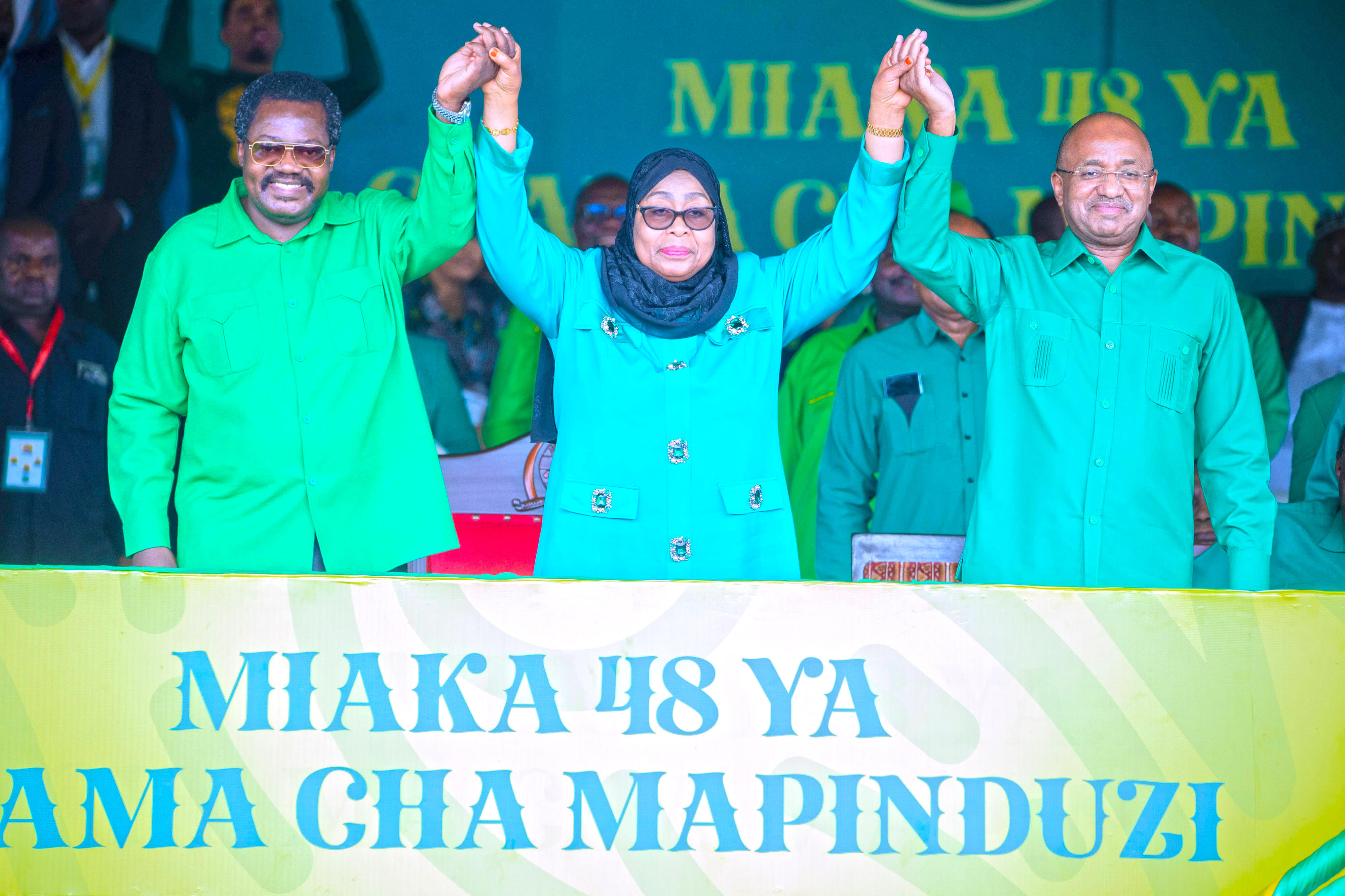Malema’s rants resonate widely

Economic Freedom Fighters (EFF) leader Julius Malema. PHOTO | COURTESY
What you need to know:
- Mr Malema has been a veritable gadfly on the flanks of political establishments since he was nine
- For the umpteenth time, Mr Malema was in court answering to charges of hate speech lodged by a white rightist lobby group
Four days ago, some homeless fellow was captured on social media offering to slap Mr Julius Sello Malema for 20 Rands. The offer trended on social media for a number of days, but apparently there were no takers, though a huge number of both white and black South Africans would be delighted to pay anyone who did a lot worse to the politician. This is because Mr Malema has been a veritable gadfly on the flanks of political establishments since he was nine, and apparently, nothing will ever deter him from articulating his views on social justice.
For the umpteenth time, Mr Malema was in court answering to charges of hate speech lodged by a white rightist lobby group, AfriForum, an old nemesis whose advocate got a thorough drubbing from the fiery economic justice fighter. To many Africans, both inside and beyond South Africa, Mr Malema, fondly known by the nickname “Juju”, is a hero of epic proportions.
His radicalism on issues of race relations, land distribution, ownership of the country’s mineral resources, and economic empowerment of black Africans resonate very well with ordinary Africans throughout the continent.
A firebrand who is not afraid of saying anything as long as it reflects the feelings of the majority of the poor, Mr Malema is as radical as they come, inside and outside Parliament and a good reflection of how democracy in that country has evolved and thrived. There are very few countries in the continent where a politician of Mr Malema’s brand would survive.
Where else can a politician dress down a sitting president in Parliament and get away with it, as he habitually did with former President Jacob Zuma? Where else can an MP call President Cyril Ramaphosa a murderer in the same precincts, refuse to withdraw or apologise for the slur, and is applauded for it?
Certainly not in Kenya. A long time ago, a number of our own intrepid politicians tried to play their rightful role in Parliament, but they were all soon silenced by an intolerant state. Some wound up languishing in detention without trial, or in prison on trumped-up charges for challenging the status quo or denouncing rampant kleptocracy.
A sizeable number had to seek refuge in Europe and when they returned, they formed the core of resistance to the Kenyatta and Moi dictatorships. Today, our Parliament is populated by certifiable wimps or members who have been so co-opted by the administration that very few dare challenge the status quo.
In that sense, the freedom of expression enjoyed by individuals like Mr Malema can only be envied by the rest of the continent. Recently, he rattled the nation when told his compatriots and racist lawyers that he will one day rule them. Said he during cross-examination by the lobby’s hapless advocate: “I am going to be president of this country, whether you like it or not and I will preside over the affairs of this country, including presiding over you. I think you will have to start adjusting to that reality. The sooner you do that the less chest pains you will have when that reality comes,” he said.
There is no reason to disbelieve the man who seems to be inexorably destined for either of two things – martyrdom or greatness. An eloquent agitator for economic fairness who can also be described as a demagogue depending on which side you are looking at the matter, Mr Malema has the moral justification to fume.
After all, the biggest economy in this continent is also the most unequal society in the world and the gap between the haves who are mostly white and the have-nots keeps growing wider 28 years after apartheid and advent of majority rule.
No one can deny that the whites still dominate the country’s industries, commerce, gold mines and the bulk of fertile land as they always did, and people like Malema wonder loudly what the whole bloody struggle was about if nothing really changed.
A situation in which a tiny minority – 10 per cent of the population – owns 80 per cent of the country’s wealth is simply obscene. This is one of Mr Malema’s pet peeves, the other one being land ownership.
According to recent figures, 72 per cent of the country’s farmland is owned by nine per cent of the population, people who happen to be predominantly white. Is it any wonder that when Mr Malema threatens to grab that land without compensation and redistribute it to poor Africans, the white farmers (Boers) develop migraines?
To many Africans, Mr Malema is a national treasure that must be protected but to many of the whites, he is a dilemma, for when he keeps repeating the warlike Zulu song whose refrain goes “Kill the Boer, kill the farmer”, they believe he would do just that given a chance. In any case in one way or the other, there must be some change in that country whose liberation remains incomplete. Whether the change agent will be Juju or someone else, the only prayer is that it will be peaceful.





